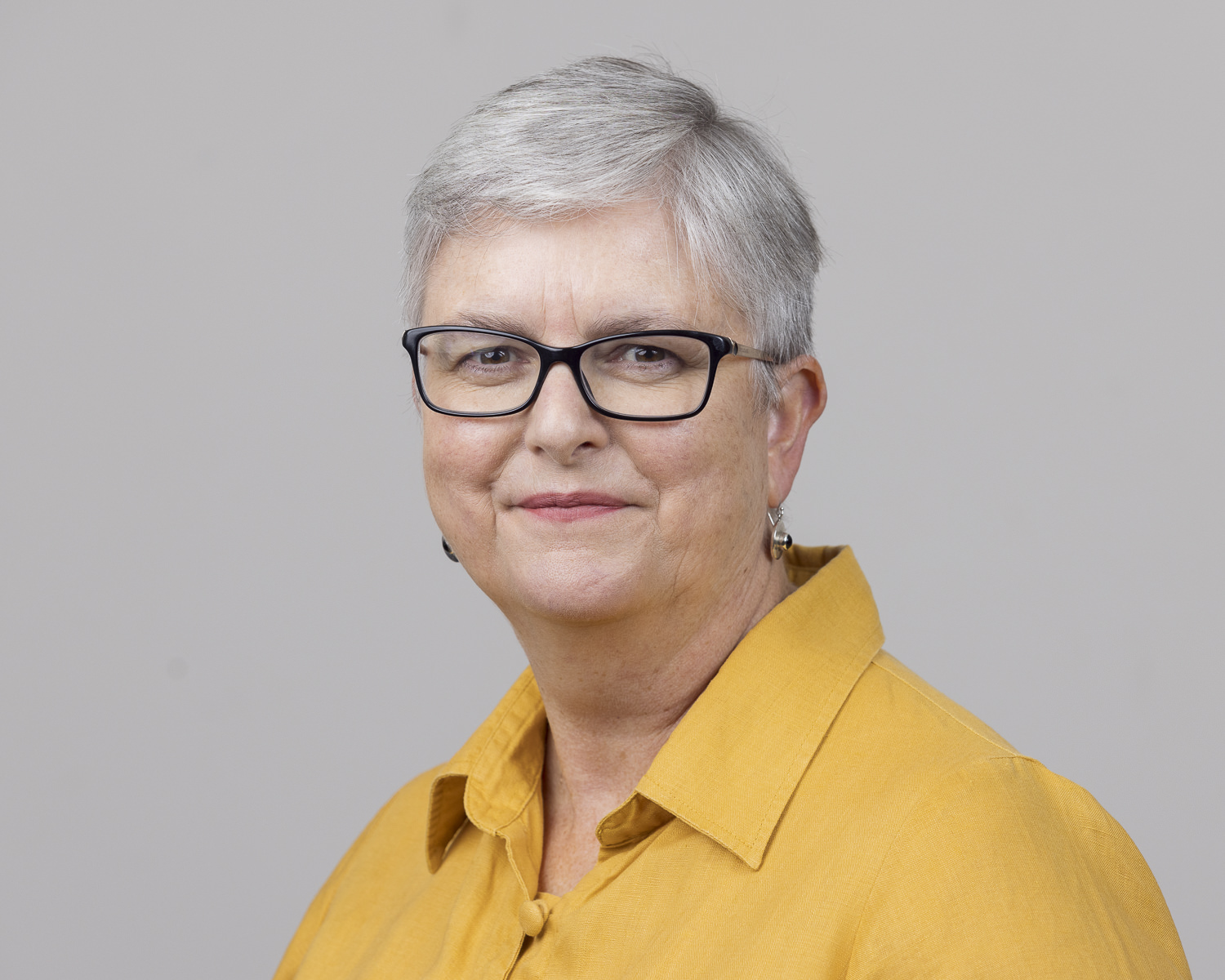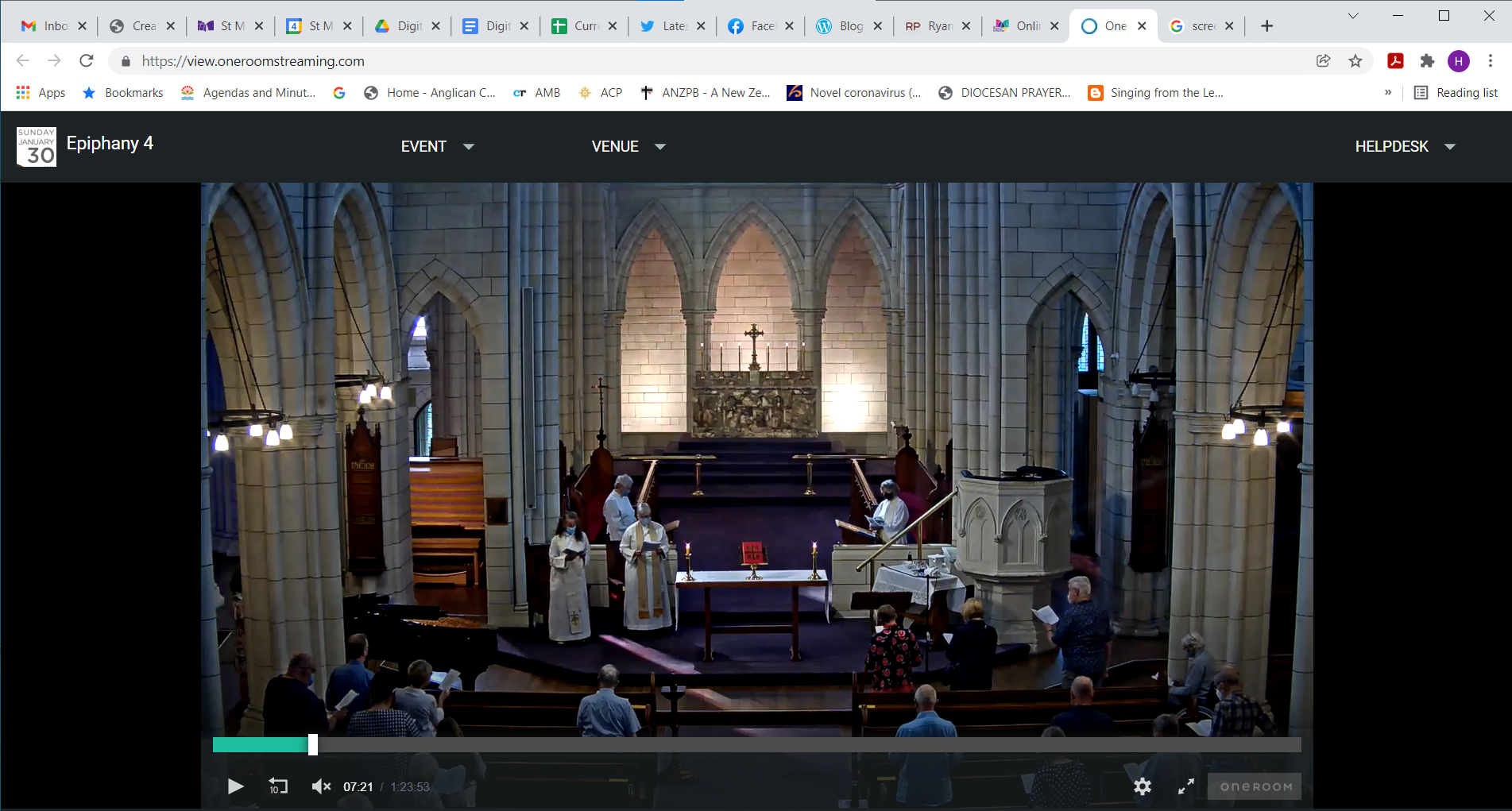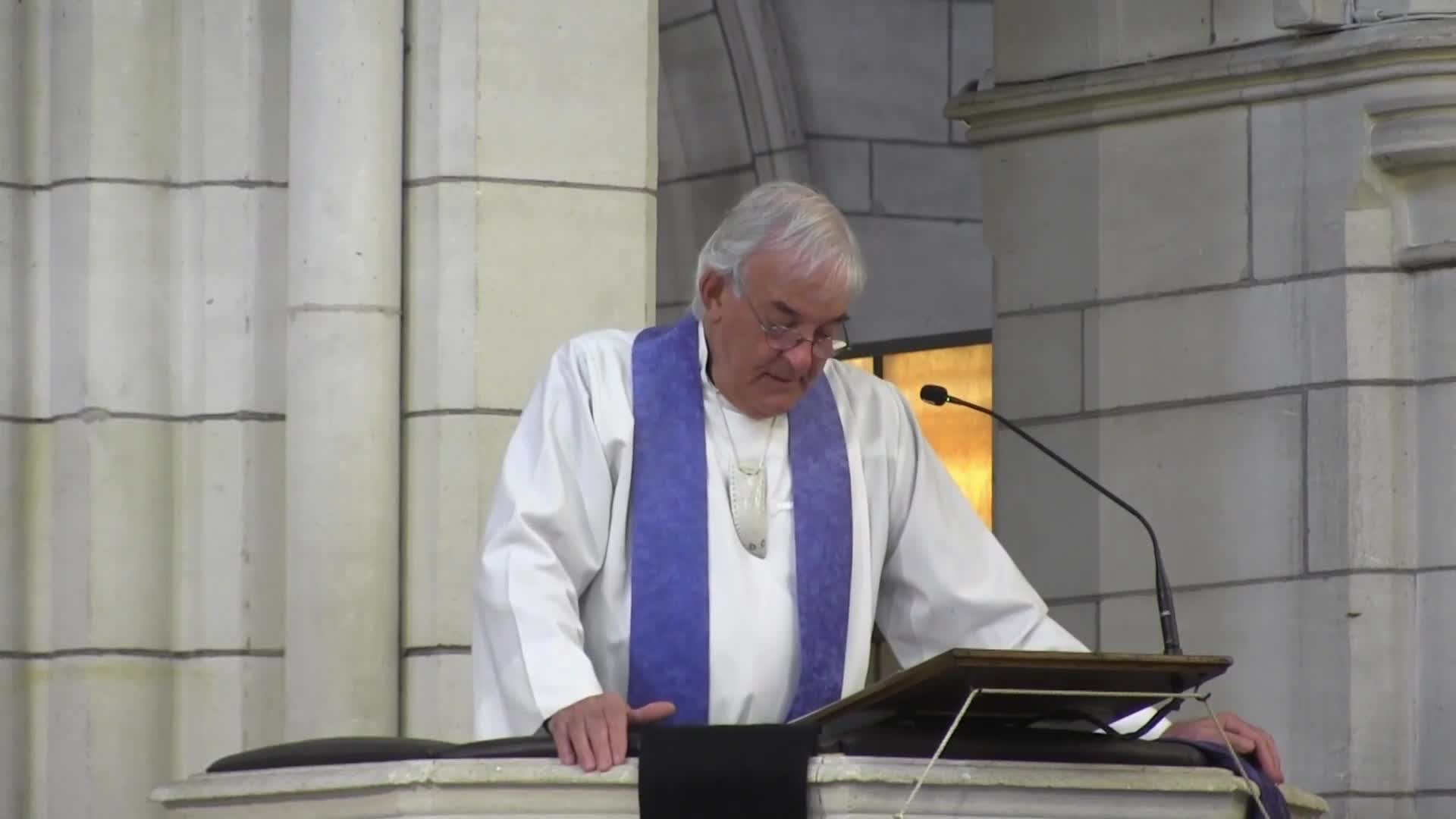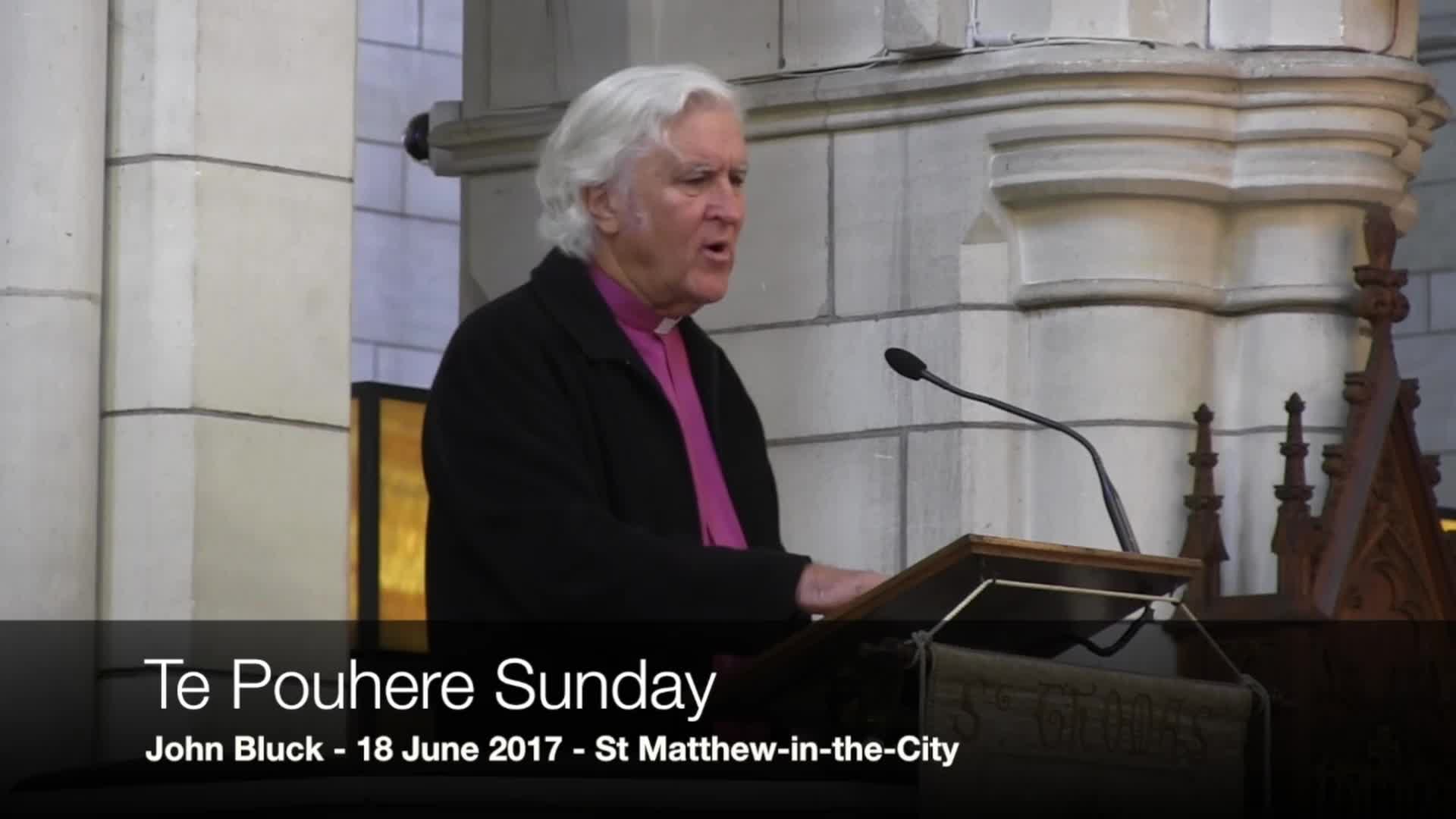
Home
Learning
Hospitality
Hirini Kaa speaks about the Christian Practice of Hospitality


Media interviews

Hybrid worship

Noticing the Slave Girl

From despondency to action and hope

What is religious freedom

Matariki

Te Pouhere

Water Use in Auckland and beyond
